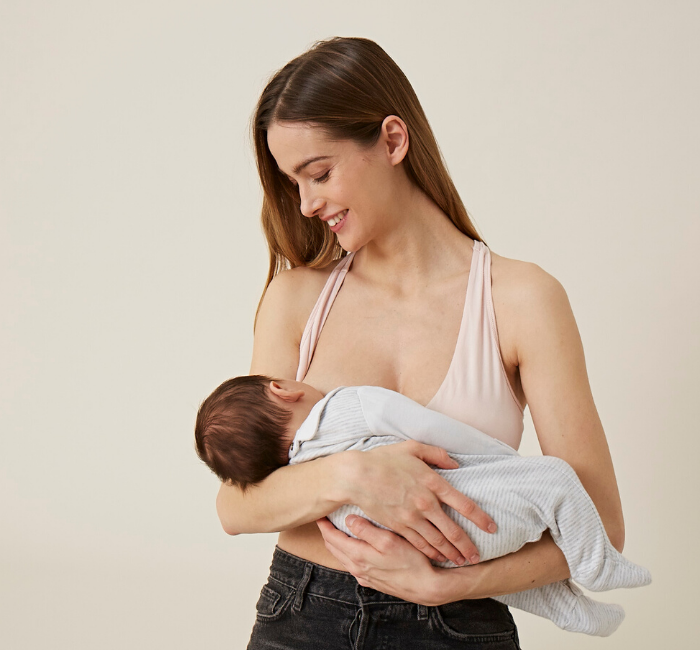Can You Drink Alcohol While Breastfeeding?
Whilst mothers-to-be know that it’s safest not to drink alcohol while pregnant, the guidelines around drinking alcohol when breastfeeding aren’t quite as clear. If you’re confused about how soon you can breastfeed after drinking alcohol (or if you should drink alcohol at all), this article is designed to help.
Alcohol and Breastmilk
As a new mum, you might not realise that everything you eat and drink can reach your breastmilk – and this includes alcohol.
Alcohol is not stored in breastmilk, but rises and falls in line with the concentration of alcohol in your blood. This means levels of alcohol are usually highest in breast milk 30-60 minutes after you’ve consumed an alcoholic drink, but it can be detected in breast milk for up to 2-3 hours after each drink is consumed. And the more alcohol you drink, the longer alcohol can be detected in the breast milk.

The length of time alcohol stays in your breast milk is also affected by factors such as how fast you drink, whether you have eaten (and what you have eaten), your bodyweight and how quickly your body breaks down alcohol.
So How Does Alcohol Affect Breast Milk?
Studies show that alcohol may affect your milk let down – the reflex which allows your milk to flow. Milk let down is normally stimulated when your baby suckles your breast, which instructs tiny nerves in your nipple to release the hormones prolactin and oxytocin.
Prolactin acts on milk making tissues to stimulate milk production, whilst oxytocin widens the milk duct making it easier for the milk to flow. Drinking alcohol can reduce the amount of prolactin and oxytocin produced which will affect your milk production and milk flow. However, scientists agree that the effects of an occasional alcoholic drink on milk production are small, temporary and unlikely to be meaningful.
Some studies have shown that infants consume less milk after their mother has consumed alcohol. It’s not clear why this is, but it might be down to a change in the way breastmilk tastes.
Should I Pump and Dump?
Whilst some sources suggest ‘pumping and dumping’ after drinking alcohol, this doesn’t speed up the rate at which alcohol leaves breastmilk. You simply need to wait – as once the alcohol has left your blood it will have left your breast milk too. However, you may wish to ‘pump and dump’ for comfort, if your breasts become engorged and painful.
Current Guidelines
Experts agree that an occasional drink is unlikely to cause any harm to your breastfed baby. However, it is best to avoid having more than two units once or twice a week. Regularly drinking more than two units a day may affect your baby’s development. If you do decide to have a drink, the advice is to avoid breastfeeding for 2 to 3 hours for every drink you have, to allow time for the alcohol to leave your milk.
What Should I Do If I Want to Enjoy a Drink?
If you would like to drink socially, there are several things you can do to ensure the safety and health of your baby:
● First, avoid breast feeding for 2 to 3 hours for every drink you have to limit exposing your baby to alcohol
● Express milk before any social occasions so that you can feed your baby during this time if you need to
● Never share a bed, sofa or chair with your baby after drinking, as this is linked with an increased risk of sudden infant death syndrome

